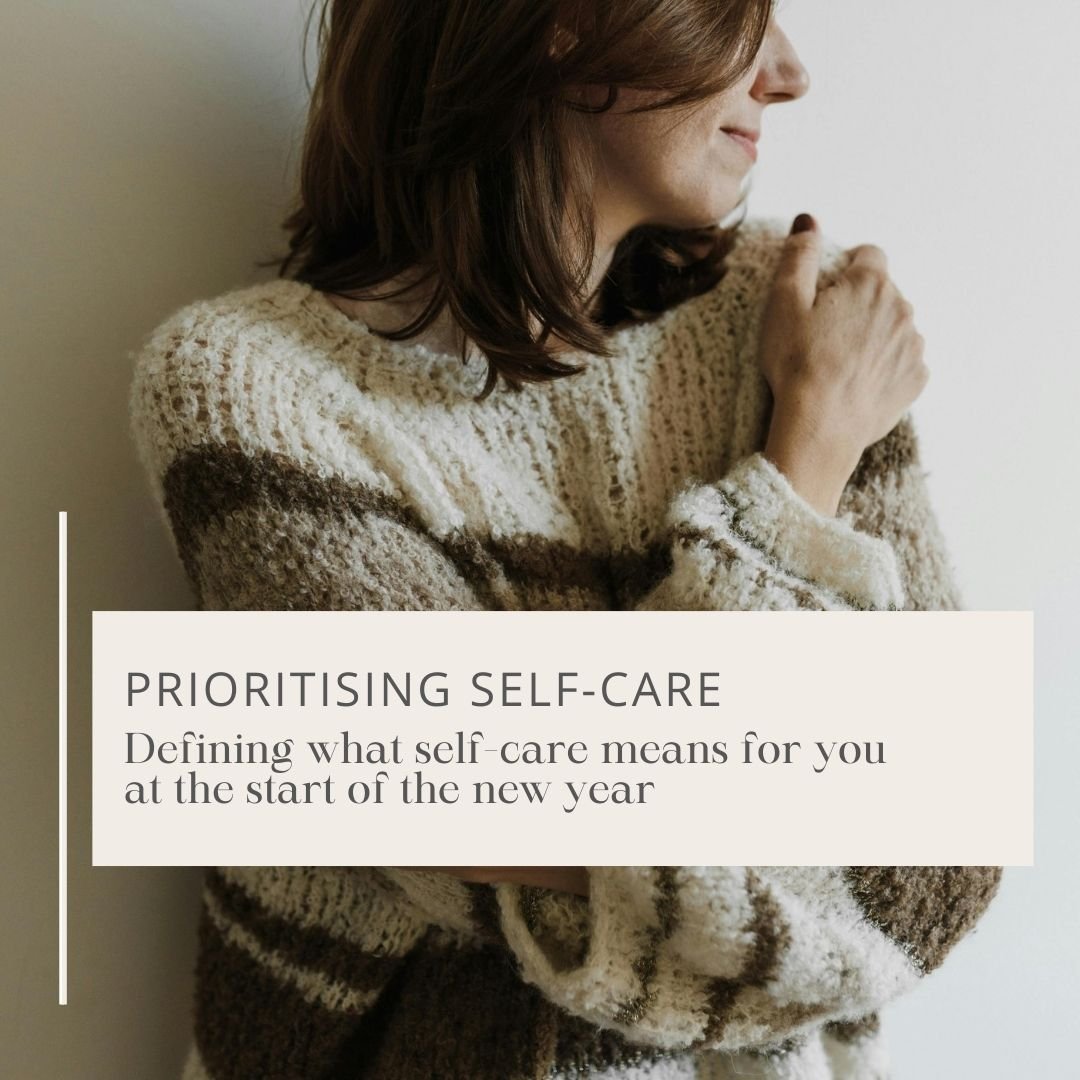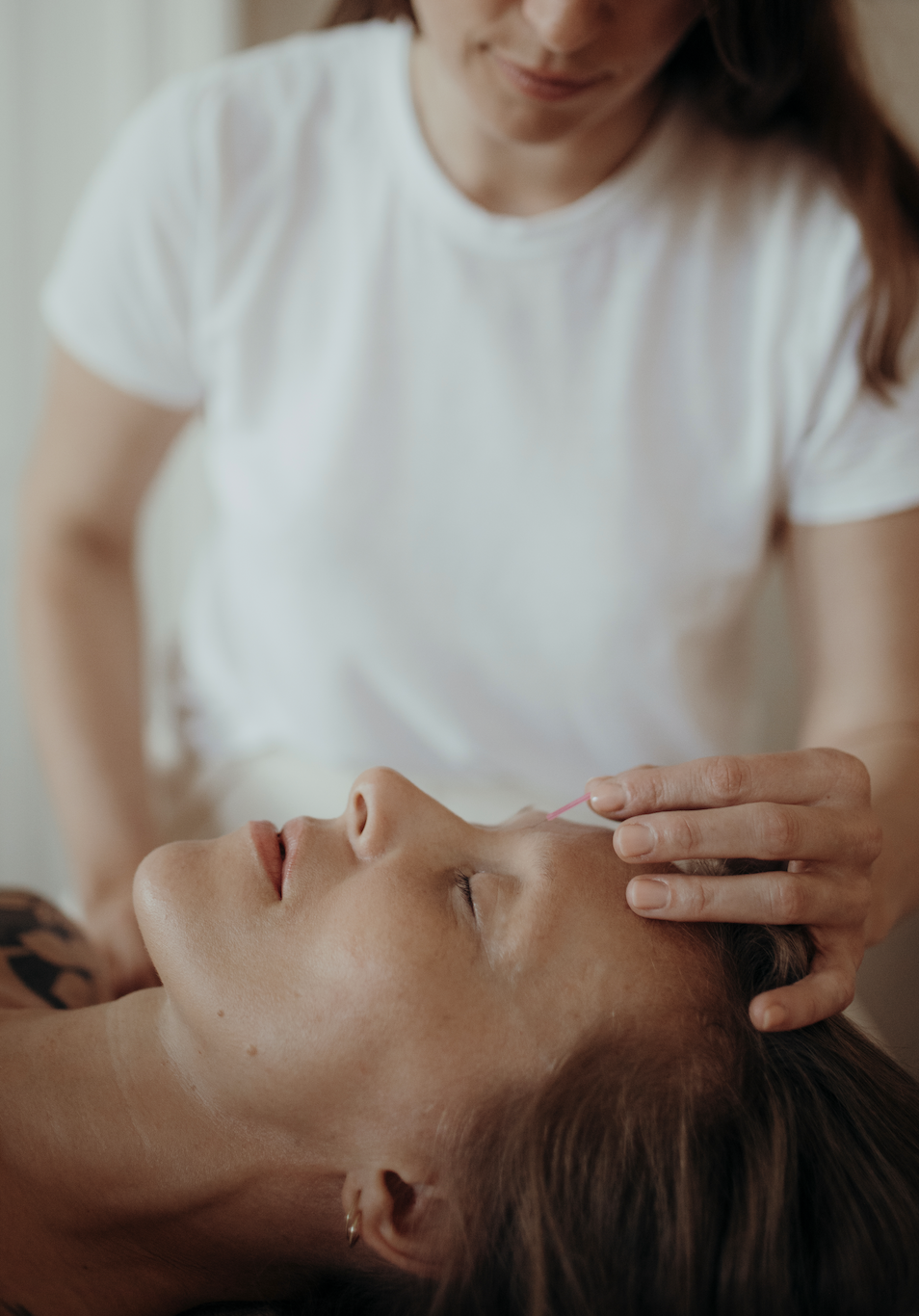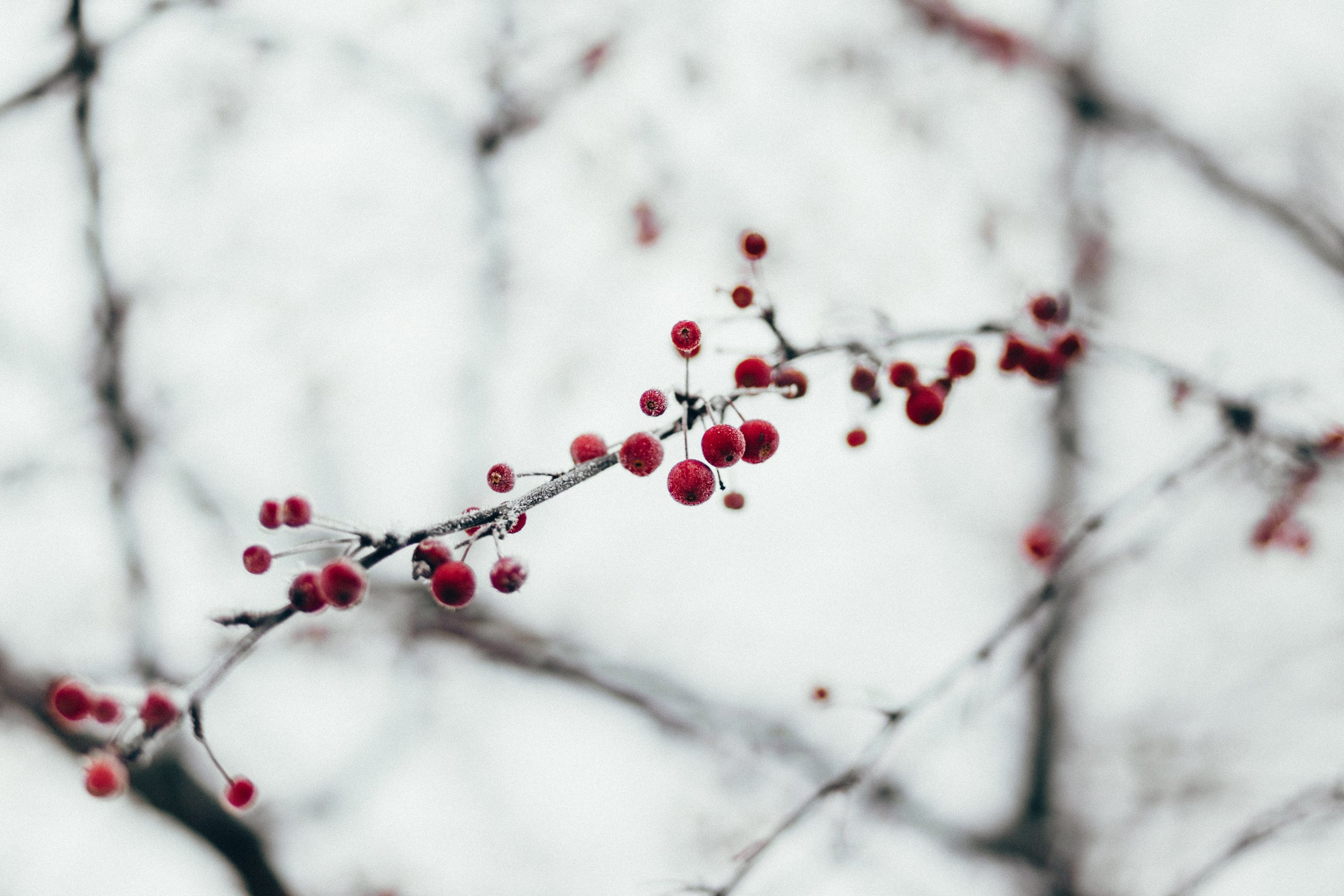Summer is the most Yang season - hot, active, outward, expansive. The Fire element governs the Heart, which houses the Shen (spirit) and circulates blood. This is a time to nourish joy and keep the Heart balanced while protecting the body from excess heat and dryness.
1. Nourish the Heart and Shen (Spirit)
Prioritize emotional balance, too much excitement or overstimulation can exhaust the Heart.
Practice calming habits like meditation, deep breathing, or quiet reflection.
Maintain a healthy sleep schedule, late nights can disturb Shen.
2. Eat Light, Cooling, and Moistening Foods
Favor:
Cooling nature foods: watermelon, cucumber, mint, mung beans, chrysanthemum, lettuce, zucchini, bitter melon.
Sour flavors: help astringe fluids and prevent excessive sweating — include lemon, lime, vinegar, and hawthorn.
Moistening foods: pear, loquat, mulberries, tofu, seaweed.
Limit:
Greasy, spicy, and very hot foods - they add internal heat.
Ice-cold drinks (can shock digestion) - opt for cool, not cold.
Sample tea: Chrysanthemum + Goji berry + Mint — clears heat, supports eyes and liver, mildly sweet and calming.
3. Protect Your Qi from Heat and Overexertion
Avoid peak sun hours (11 am–3 pm).
Rest during the hottest part of the day, follow a more Mediterranean rhythm.
Keep moderate physical activity, overexertion depletes Heart Qi and Body Fluids.
Take advantage of early mornings and evenings for exercise or walks in nature.
4. Use Herbs and Teas to Clear Heat and Support Fluids
Mung bean soup (clears summer heat and toxins)
Lotus leaf tea (lightens body and aids digestion)
Bitter herbs like dandelion, andrographis, or Huang Lian (for strong heat signs, use with caution and guidance)
5. Balance Fluids and Prevent Summer Damp-Heat
In humid climates, heat combines with dampness, causing sluggish digestion, fatigue, heaviness, or loose stools.
Eat fewer greasy/fried foods.
Use aromatic herbs/spices to transform dampness: ginger, peppermint, perilla, cardamom, citrus peel.
6. Sync with Nature’s Rhythm
Wake earlier (around sunrise) and be active in the morning.
Allow time for rest during midday heat.
Sleep slightly later than in winter, but avoid overexertion or emotional highs in the evening.
TCM Tip:
“Sweat is the fluid of the Heart” - sweating excessively can weaken the Heart and deplete Yin and Qi. Rehydrate mindfully with warm or room-temp fluids and foods that nourish fluids.














